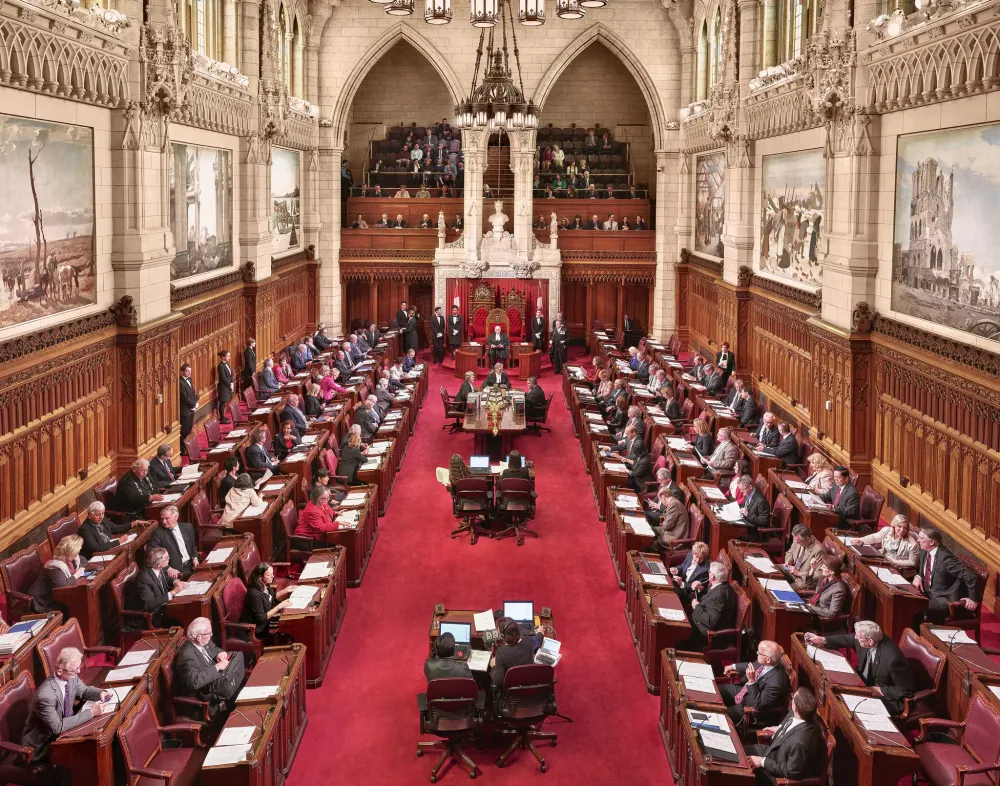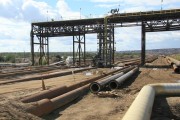In the wake of the Federal Court of Appeal’s decision overturning the approval of the Trans Mountain Pipeline expansion, one fact is clear: Canada’s system for reviewing new industrial projects is not working for anyone. Regardless of what you think of the Trans Mountain project, no one wins when projects spend years in litigation. The costs, the delays, and the uncertainties weigh on proponents, opponents, and governments alike. The ruling and its fallout exemplify the fact that the federal project assessment process is broken and moving forward with new projects requires reform of the institutions and processes put in place to make decisions.
Now more than ever it is obvious that getting projects built requires a thorough and credible review processes. The lesson from Northern Gateway, Energy East and now the Trans Mountain Pipeline is that review processes that do not meet the highest standards are too risky — for everyone. As these projects have played out in dramatic fashion, it has become clear that the federal energy regulator, the National Energy Board (NEB) needs an overhaul. Public mistrust of the NEB has repeatedly led to decisions that are not viewed as credible — the public no longer believes the NEB is going to protect the public interest.
Adding to this, the court’s ruling on the Trans Mountain pipeline found that the NEB made a critical mistake in the environmental assessment; a mistake that resulted from an attempt to simplify the review and avoid the thorny issue of marine shipping. The result: a court ruling that the assessment and its conclusions were fundamentally flawed. While this does not negate all the work of NEB and its important role in the regulation of pipelines, it does underline the fact that institutional reform is past due and that the NEB should not be responsible for conducting environmental assessments.
The current process of Indigenous consultation is also failing. Creating processes to facilitate meaningful consultation with Indigenous groups is not nearly as straightforward as reforming the NEB. But working toward this end is quite clearly, the only way forward. The risk of significant delay due to litigation or even project cancellation is too high.
None of this is news to those on the leading edge of industry that already understand minimizing the risk of complex projects requires careful, transparent review processes. Public trust and legal certainty do not come from overly simplified processes or fast-tracked Indigenous consultation. Aligning themselves with the expectations of Canadians, industry leaders have worked closely with the communities where proposed projects are situated and expanded the range of impacts considered in project design. They also accept that accounting for climate change impacts and policies has become a part of doing business. This includes the financial risks posed by decarbonizing global markets and the physical and economic risks of a changing climate.
For more than two years now, the federal government has been consulting with industry, Indigenous Peoples, and the environmental law community on how to revise federal project assessment laws including modernizing the NEB. The result of that effort, Bill C-69, is currently in the Senate. The bill proposes reforms to the NEB, the most important of which is to remove the NEB as the lead agency for environmental assessments. It also emphasizes increased engagement with affected Indigenous Peoples. The bill also shortens the legislated timelines for project reviews to ensure that additional considerations are not at the expense of efficiency.
While Bill C-69 is not perfect, it is a significant improvement over the existing legislation and it does represent an effort to balance competing interests and to fulfill an election mandate. Close examination of the bill also reveals that the proposed reforms formalize what is already industry best practice. Thus Bill C-69 would help raise all projects to the highest achievable standards. We know Canadians expect no less than this. Implementing C-69 will result in more innovation and increased competitiveness in the 21st century — which is in industry’s best interest and most certainly is in the national interest.
Nichole Dusyk is a postdoctoral fellow with the Pembina Institute and Carleton University, working on federal environmental law reform.
This op-ed originally appeared in the Hill Times on September 19, 2018 (page 16).









